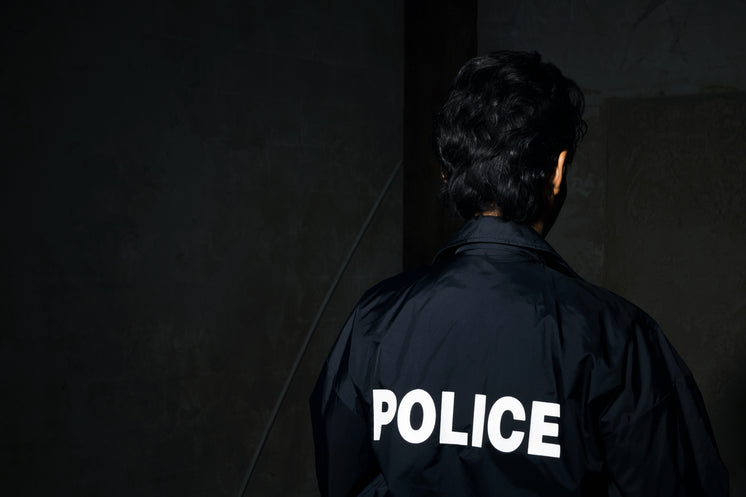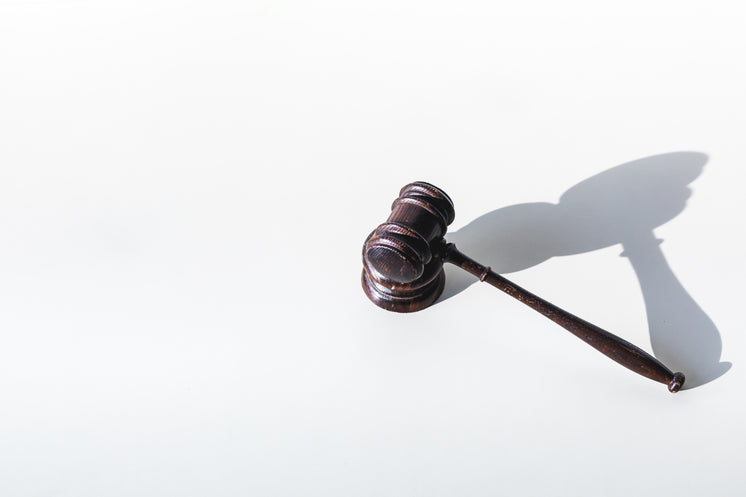
mamie50d26777
About mamie50d26777
Law courts in the UK play a crucial role in ensuring that justice is delivered fairly, impartially, and efficiently.
 Efficiency is another essential duty of law courts. Courts must manage case backlogs, avoid unnecessary delays, and ensure that cases are heard in a timely manner. Prolonged delays can lead to frustration for individuals involved in legal proceedings and can undermine confidence in the legal system. Courts have systems in place to prioritize urgent cases, such as those involving vulnerable individuals, and ensure that the legal process moves forward as efficiently as possible.
Efficiency is another essential duty of law courts. Courts must manage case backlogs, avoid unnecessary delays, and ensure that cases are heard in a timely manner. Prolonged delays can lead to frustration for individuals involved in legal proceedings and can undermine confidence in the legal system. Courts have systems in place to prioritize urgent cases, such as those involving vulnerable individuals, and ensure that the legal process moves forward as efficiently as possible.
In the jurisdiction of England and Wales, the legal framework consists of a range of levels. At the lowest level are the Magistrates’ Courts and County Courts. Magistrates’ Courts deal with minor criminal offences, while County Courts handle disputes involving private individuals or organisations such as personal injury claims.
 Safety is another key consideration in the design of law courts. With the rise of security concerns and the need to protect both court personnel and the public, court buildings must be designed to prevent potential threats while maintaining a welcoming atmosphere. Modern courts often feature advanced security systems, such as metal detectors, surveillance cameras, and controlled access points. These measures help to ensure that court proceedings can take place without disruption while safeguarding everyone inside the building.
Safety is another key consideration in the design of law courts. With the rise of security concerns and the need to protect both court personnel and the public, court buildings must be designed to prevent potential threats while maintaining a welcoming atmosphere. Modern courts often feature advanced security systems, such as metal detectors, surveillance cameras, and controlled access points. These measures help to ensure that court proceedings can take place without disruption while safeguarding everyone inside the building.
Ultimately, the changes to the law courts in the UK reflect a broader shift towards modernisation and efficiency. If you loved this report and you would like to acquire extra details regarding law guest posting websites kindly check out the webpage. While some of these changes have been well-received, others have sparked concerns about the accessibility of justice, particularly for vulnerable or disadvantaged individuals. As the UK court system continues to evolve, it will be important for policymakers to strike a balance between modernising the system and ensuring that justice remains accessible and fair for all citizens. Whether through digital reforms, court specialisation, or the evolving role of technology, the future of law courts in the UK will likely continue to be shaped by the need to respond to a rapidly changing society.
More severe criminal trials are tried in the Crown Court, which has the jurisdiction to impose greater penalties and is presided over by a judge and, in many cases, a jury. Civil appeals and more complex civil cases are heard in the High Court. The High Court is divided into three divisions: the Queen’s Bench, the Chancery Division, and the Family Division, each specialising in distinct aspects of civil law.
The history of legal aid in the UK dates back to 1949, when the Legal Aid and Advice Act was passed. This landmark piece of legislation aimed to ensure that legal representation was available to individuals regardless of their ability to pay. The Act was a response to the recognition that a fair legal system required everyone, not just the wealthy, to have access to justice. Since then, legal aid has evolved, with various reforms and adjustments in response to changing government priorities and budgetary constraints.
Another vital aspect of court duties is the enforcement of their rulings. Once a court has made a decision, it is responsible for ensuring that the ruling is enforced. This may include overseeing the payment of fines or compensation, enforcing child custody arrangements, or ensuring that individuals comply with court orders. Courts may work with enforcement agencies, such as bailiffs or police, to ensure that judgments are carried out effectively.
Ireland’s judicial hierarchy is defined in the Constitution of Ireland (Bunreacht na hÉireann), which establishes the independence of the judiciary and outlines the key courts. These include the District Court, Circuit Court, High Court, Court of Appeal, and the Supreme Court, each with specific roles and jurisdictions.
One of the defining features of the Irish legal system is the principle of judicial independence. Judges are appointed by the President of Ireland on the advice of the government, but they enjoy security of tenure and cannot be removed from office without a resolution passed by both Houses of the Oireachtas.
Northern Ireland also has a separate legal system that closely resembles that of England and Wales but includes its own legal institutions. The Northern Ireland courts deal with both civil and criminal matters, and the top court remains the final court of appeal.
Additionally, there has been a movement towards specialised courts to deal with specific areas of law. For example, the UK has seen the rise of family courts, which focus exclusively on family law issues such as divorce, child custody, and domestic violence. Similarly, there have been efforts to create dedicated business courts to handle complex commercial disputes. This specialisation aims to ensure that cases are dealt with by judges who have expertise in those areas of law, resulting in more informed and efficient decisions.
As Ireland continues to adapt, the court system must balance tradition with innovation. Whether addressing everyday disputes or complex constitutional questions, Irish courts play a vital role in upholding democracy and the rule of law.
No listing found.
